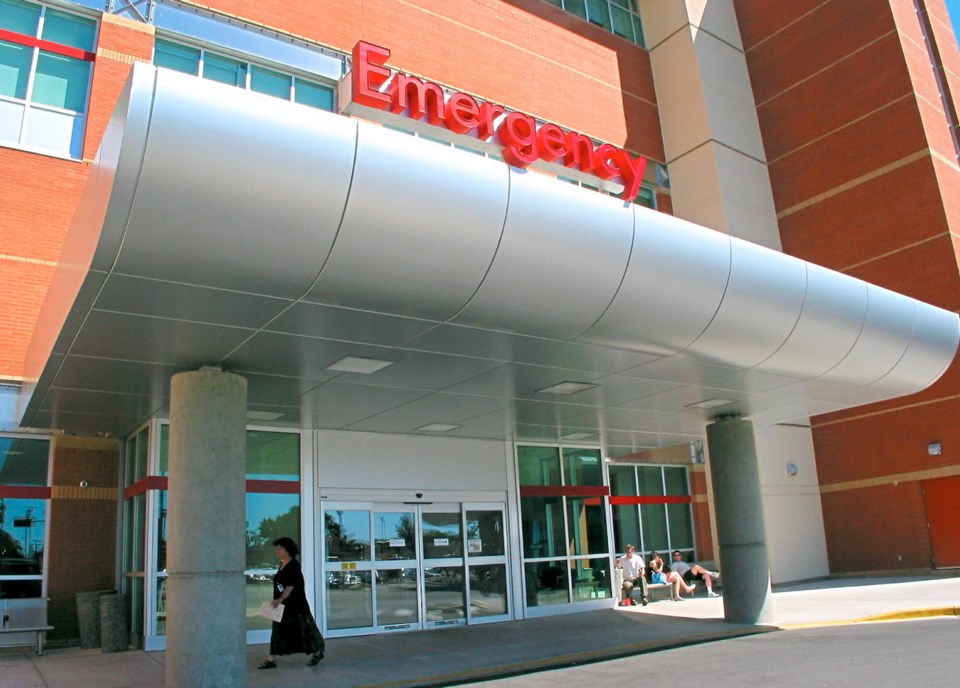Island Health says it is on track to deliver 93 new beds to treat substance use, part of the province’s 2013 election promise to open 500 in B.C. by 2017.
The location of the 93 beds is based on population — 55 beds have already been delivered, and “plans are underway to open the remaining 38 beds by early 2017,” Island Health said Friday.
The new beds are in addition to the existing 103 substance-use beds (a mix of detox, stabilization, sobering and assessment, and supportive recovery beds) on Vancouver Island.
When complete, the total number of beds will be 196.
There are 35 new beds in Victoria, four in Nanaimo, six in Courtenay, five in Port Alberni, and five in Port Hardy.
On Thursday, the government announced 555 people had died of drug overdoses in the first nine months of 2016, more than the 508 drug-related deaths in B.C. in all of 2015.
The powerful opioid fentanyl has been cited as a major factor in the spike in overdoses.
“We understand the harms and incredible risks of substance use, and that’s why more beds are needed to help people get back on track,” Health Minister Terry Lake said in a statement.
“Everyone deserves a chance,” he said. “Adding beds on Vancouver Island shows that we value our strong communities, and can help individuals struggling with substance use with support recovery beds and services.”
Sue Hammell, the B.C. NDP critic for mental health and addictions, called it “shocking” that more than 1,000 people have died of drug overdoses in two years.
Hammell said the province continues to move the goal posts on when the 500 promised treatment beds will arrive — “by 2017” to “in 2017” to “by the end of 2017” — and has failed to establish a coherent system for access.
“We’re in October 2016, and we’ve got just over the 40 per cent mark, and they have 280 beds to go,” she said, adding: “They have not been vigorous in executing this promise, unfortunately.”
The system also remains fragmented, Hammell said, with no single point of entry to better guide people to services.
“We are outsourcing our mental health in the most expensive way possible” to police, fire, emergency rooms and the courts, she said.
Hammell said while the problem is widespread throughout the province, she believes the worst shortage of beds is in the Fraser Health authority.
Don Hubbard, Island Health board chairman, said the additional beds will be a significant improvement.
On July 27, 2016, the province announced a new joint task force on overdose prevention and response.
In the past two years, the province has opened more than 220 new beds as part of its election promise for better access to appropriate substance-use treatment and supports.
Fifty-six people in B.C. died from drug overdoses in September, up from 49 the month before.
Treataing substance abuse
The addition of 55 substance-use treatment beds brings the total on the Island to 158:
South Island
• 21 detox beds
• 22 stabilization beds
• 20 sobering and assessment beds
• 32 supportive recovery beds
• 15 youth beds
Central Island
• 12 detox beds
• 5 supportive recovery beds
• 6 youth beds
North Island
• 5 detox beds in Mount Waddington
• 17 supportive recovery beds
• 3 youth beds



